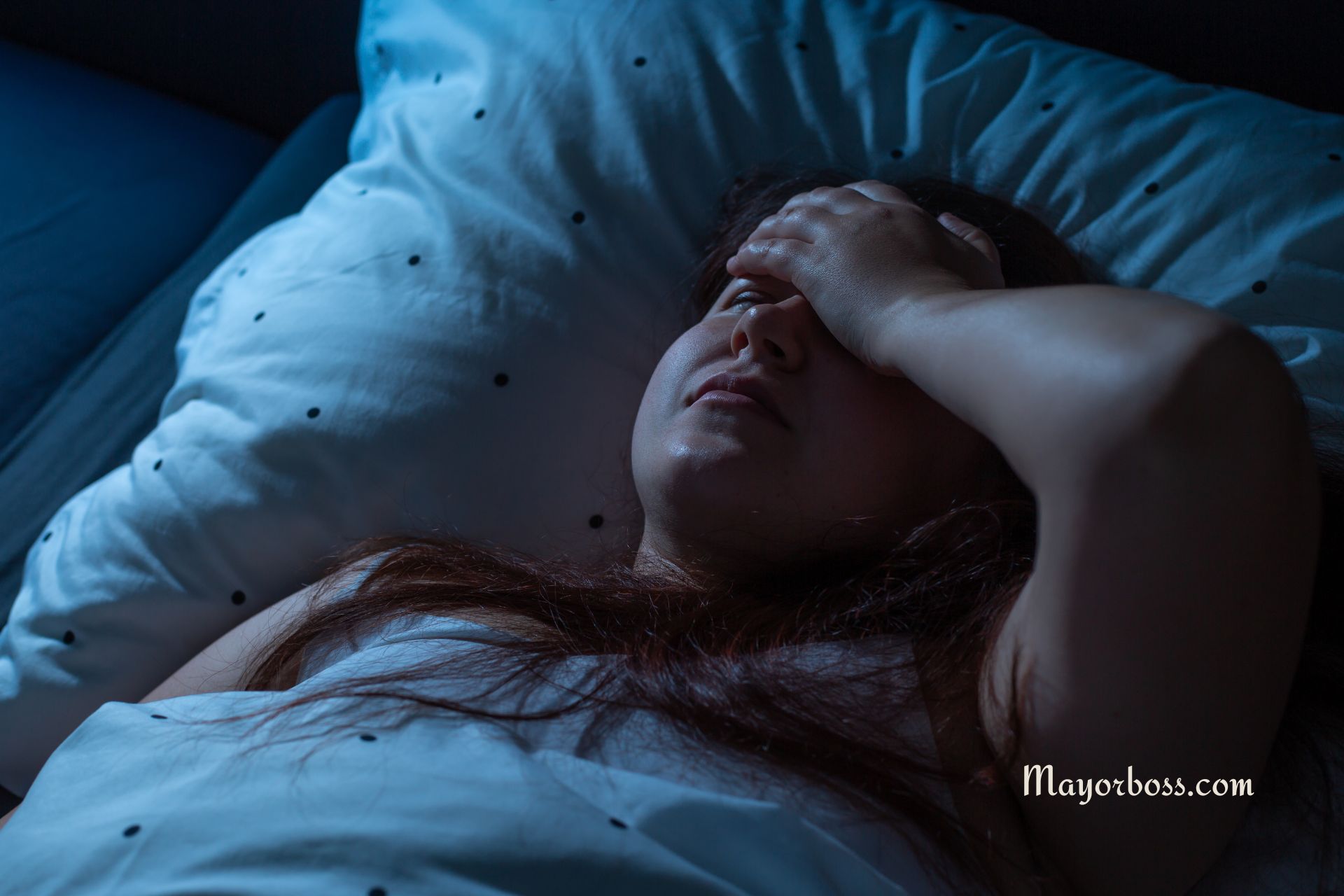Night Sweats Ruining Your Sleep? Here’s Why
If you regularly wake up drenched in sweat, with your sheets feeling clammy and your sleep seriously disrupted, you’re not alone. Night sweats are a common problem, and they can be a major source of frustration and sleep deprivation. But what causes night sweats, and what can you do about them?

What are Night Sweats?
Night sweats are not just regular sweating while you sleep. They’re episodes of extremely heavy sweating that soak your sleepwear and bedding. Unlike a warm room triggering ordinary perspiration, night sweats often happen even when you’re in a comfortable, cool environment.
What Causes Night Sweats?
Many factors can trigger night sweats. Below are the most common culprits, split into two main categories:
1. Medical Causes
- Menopause: The hormonal fluctuations of menopause are notorious for triggering hot flashes and night sweats in women.
- Infections: Bacterial and viral infections, like tuberculosis, can cause night sweats along with fever and other symptoms.
- Medications: Certain medications, including antidepressants, steroids, and pain relievers, can cause night sweats as a side effect.
- Hormonal Conditions: Hyperthyroidism (overactive thyroid), low testosterone in men, and other hormonal imbalances can lead to night sweats.
- Anxiety and Stress: Anxiety disorders and high stress levels can trigger night sweats.
- Certain Cancers: Cancers like lymphoma and leukemia sometimes cause unexplained night sweats.
- Other Conditions: Night sweats can be a symptom of sleep disorders like sleep apnea, neurological disorders, and even low blood sugar (hypoglycemia).
2. Lifestyle and Environmental Factors
- Alcohol and caffeine consumption: These substances can disrupt sleep patterns and increase perspiration.
- Spicy Foods: Consuming spicy foods close to bedtime can raise your internal temperature.
- Overheating: Too many blankets or heavy pajamas can make you overheat while you sleep.
- Warm Sleeping Environment: A stuffy, warm bedroom is not conducive to a good night’s sleep.
How to Tell if Night Sweats are Serious
While night sweats are frequently benign, occasionally, they can signal an underlying medical condition requiring treatment. See your doctor if you experience:
- Frequent and recurring night sweats
- Night sweats accompanied by fever, cough, weight loss, or other concerning symptoms
- Night sweats severe enough to disrupt your sleep persistently
What Can You Do for Night Sweats?
The good news is that, in many cases, night sweats can be successfully managed. Your doctor will help determine if there’s a treatable underlying condition. Even without a specific diagnosis, there are steps you can take to reduce night sweats:
- Comfortable Sleep Environment: Aim for a cool bedroom temperature (around 65°F), and use a fan to improve air circulation.
- Breathable Sleepwear: Choose moisture-wicking, light fabrics like cotton.
- Cooling Bedding: Opt for lightweight sheets and blankets.
- Stress Management: Manage stress through relaxation techniques like meditation or yoga.
- Avoid Triggers: Reduce or eliminate alcohol, caffeine, and spicy foods before bedtime.
Medical Treatments
If your night sweats are related to a specific medical condition, your doctor can recommend:
- Hormone therapy: To address menopausal hot flashes.
- Medication adjustments: If your medication is causing the problem, explore a change or dosage modifications.
- Treatments for identified conditions: If tests reveal an underlying condition, such as an infection, treating it should resolve your night sweats.
Frequently Asked Questions (FAQs)
1. How can I differentiate night sweats from normal sweating?
Night sweats tend to be more severe in intensity and often occur without an obvious trigger, like hot weather or exercise.
2. When should I see a doctor about night sweats?
If night sweats are frequent, severe, disrupting your sleep, or occur alongside other concerning symptoms like fever or unexplained weight loss, it’s important to see your doctor.
3. Can men experience night sweats too?
Yes, while night sweats are often associated with menopause, men can experience them, too, due to hormonal conditions, medications, or other underlying causes.
